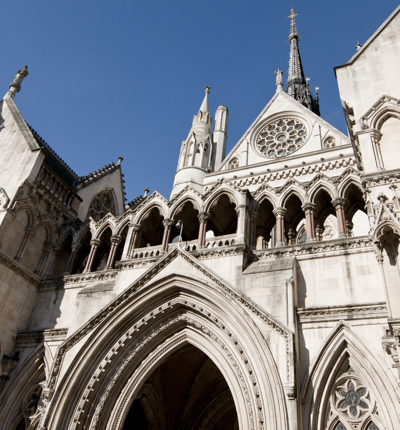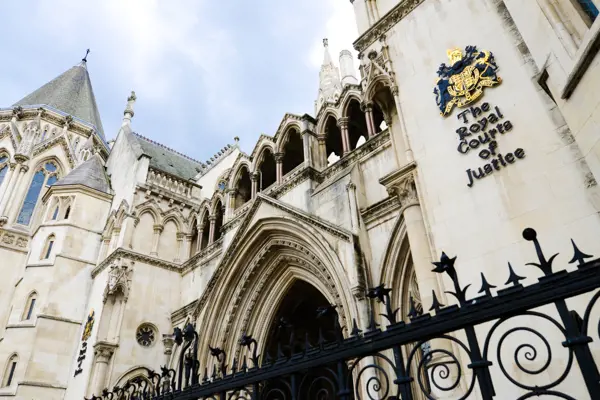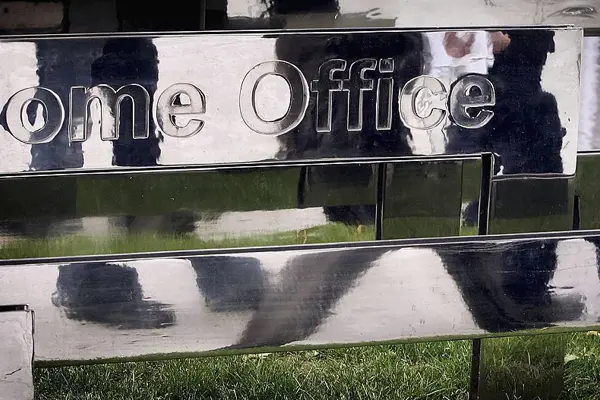
Campaigners and MPs seek permission for judicial review of Russia Report
Campaign group and a number of MPs are seeking permission for a judicial review of the government’s decision not to act on the findings of the Intelligence and Security Committee of Parliament that Russia has interfered in UK electoral processes.
Posted on 22 June 2021
A campaign group and a number of MPs are seeking permission for a judicial review of the government’s decision not to act on the findings of the Intelligence and Security Committee of Parliament (ISC) that Russia has interfered in UK electoral processes. The group argues that a lack of action on the findings of the ISC amounts to a failure to protect the UK democratic process.
A hearing to determine permission will take place on Tuesday 22 June at the High Court.
Campaign group the Citizens and a group of cross-party parliamentarians are asking for the judicial review on the grounds that the government’s inaction breaches its obligations under Article 3 of Protocol 1 (A3P1) of the European Convention on Human Rights (ECHR) which protects each citizen’s right to free and fair elections.
A3P1 requires that free elections are held “under conditions which will ensure the free expression of the opinion of the people in their choice of legislature”, which the claimants say have been damaged by Russian interference.
The Russia Report was published on 21 July 2020 following an investigation into Russian interference in the UK election process. The investigation was carried out by the ISC. It was decided that due to national security concerns only a high level summary of the findings of the report would be published, the underlying details of the investigation were withheld.
The ISC found credible evidence that there had been attempts to interfere with the United Kingdom’s electoral processes from at least the time of the EU referendum in 2016. The ISC addressed various aspects of the Russian threat to the UK – from cyber-attacks, to Russian disinformation and influence campaigns, to the role of Russian expatriates – and examined how the UK Government and, in particular, the intelligence community, has responded.
The ISC has raised three main concerns regarding Russian interference in the UK election process:
- Clear evidence of Russian interference with the UK electoral process.
- The urgent need for new legislation and an updated legal and institutional framework to protect the UK’s democratic processes from foreign interference.
- The failure by the UK Government to investigate the threat of Russian interference in UK democratic processes, and the need for an investigation into attempts by Russia to interfere in order for lessons to be learned.
Despite the concerns, and the two further General Elections since the EU referendum in 2016, there has been no independent or comprehensive investigation into Russian interference with UK democratic process.
According to members of the ISC, “[t]he UK Government have actively avoided looking for evidence that Russia interfered” and “[t]he outrage is that no one wanted to know if there was interference”.
The ISC also found that the security services were keen to distance themselves from responsibility for protecting the democratic process and there was “no single organisation identifying itself as having an overall lead”.
The Government’s published response to the ISC’s findings, published on 21 July 2020, stated that “we have seen no evidence of successful interference in the EU Referendum”.
The Citizens is joined in its claim by Lord Strasburger, Ben Bradshaw MP, Chris Bryant MP, Caroline Lucas MP, Alyn Smith MP and Baroness Wheatcroft. Together, they are represented by Leigh Day solicitors and barristers Richard Hermer QC of Matrix Chambers and Ben Jaffey QC, Jason Pobjoy and Natasha Simonsen of Blackstone Chambers. Lord Ricketts the former National Security Advisor to David Cameron has given a statement in support of the claim.
Carole Cadwalladr of the Citizens, said:
“It is extraordinary that the only course open to us to protect the integrity of our elections is through the courts. This is an unprecedented case: sitting MPs and Lords have never before challenged a sitting government over national security concerns. That they have come together from all sides of the political spectrum to challenge the Prime Minister on his failure to take the necessary steps to protect our democracy is a testament to the seriousness of this issue.”
Tessa Gregory, partner at law firm Leigh Day who is assisted by associate Tom Short and paralegal Rhiannon Adams, said:
"The Government is under a legal duty to safeguard our right to free and fair elections. In failing to investigate the highly credible allegations of Russian interference in our electoral processes, our clients argue that the Government is in breach of that legal duty and call upon the court to intervene. This case is not about party politics, it is about the integrity of our democracy and the need to protect it from foreign threats of manipulation and disinformation.”



